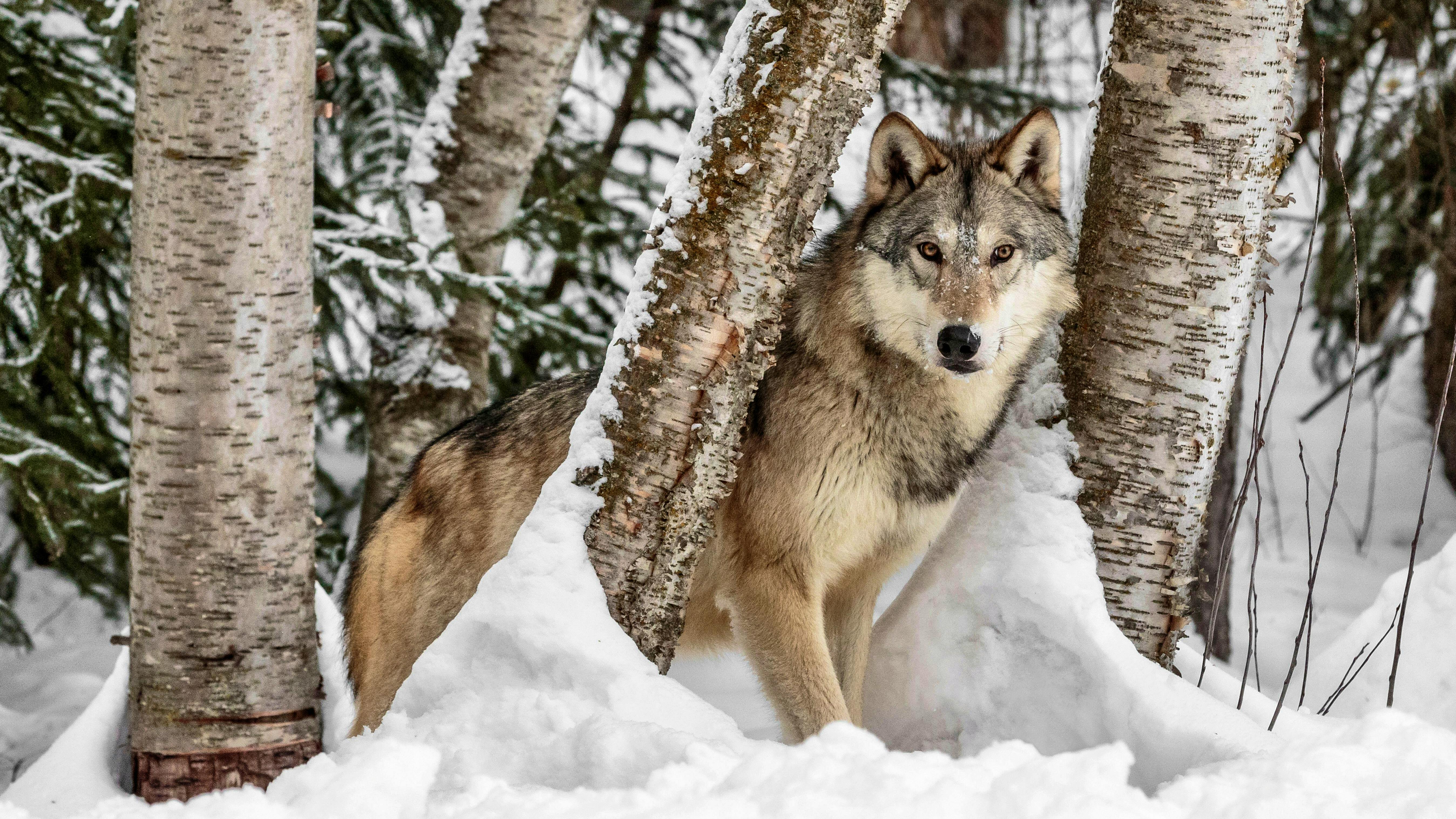Your weekly roundup of wildlife news from across the country
FWS Announces Disastrous Decision for Red Wolves
The U.S. Fish and Wildlife Service announced this week that it plans to remove endangered Red Wolves from private and public lands in North Carolina, potentially forcing them into captivity. Never before has FWS so directly turned its back on an endangered species recovery effort. The agency is essentially giving up on the Red Wolves in the wild today, with vague promises of reintroduction efforts elsewhere, sometime in the future.
Defenders is fighting for Red Wolves with every resource we’ve got – including taking court action.
Help us fight for Red Wolves >
Humans Are Literally Decimating Our Planet’s Wilderness
Researchers have found that in the past 25 years, humans have destroyed roughly 10% of all remaining wilderness left on Earth. Even more alarming, they predict that if current trends continue, we could lose all wilderness on the planet by the end of the century. Not only is wilderness incredibly valuable in its own right, but it is also vital to the many species that take refuge in these often relatively unspoiled landscapes. This study is a stark reminder of just what we’re up against in trying to protect healthy wildlife habitat – and how important it is that we continue to do just that.
Read more about the wilderness study >
The Devil Ray’s Advocate
In just three years, the numbers of devil ray gill plates on the market have tripled. As devil ray numbers drop, nations are joining forces at CITES with a proposal to protect the species from the demands of this trade. Our own team has been heavily involved in gathering support for this proposal, and hope to see it do well at the CITES meeting later this month.
Read more from our international team >
It’s Up To Us (And YOU) To Stop Wildlife Trafficking
Later this month, representatives from around the world will attend the Conference of the Parties to the Convention on International Trade in Endangered Species of Wild Fauna and Flora (CITES), and vote on proposals to regulate the trade in thousands of species of plants and animals. Our own team is involved in this effort year-round, gathering support for proposals that could help protect key vulnerable species from the devastation caused by unregulated trade. At this meeting, we’ll be pressing for proposals to protect sharks, a number of frogs (including one of the strangest you’ve ever seen), freshwater stingrays, devil rays, some very unique lizards from the cloud forests of Mexico and Central America, and more. Two top-level officials recently penned a compelling article in advance of the upcoming CITES meeting explaining why this meeting might be the most important in the treaty’s 43-year history.
Read the article from CITES Secretary General Scanlon and UNDP Administrator Clark >
New Public Land Plan Gives California Desert Wildlife a Brighter Future
This week, Interior Secretary Sally Jewell finalized the Desert Renewable Energy Conservation Plan, protecting millions of acres of public lands in the California desert, and the wildlife that call them home. This groundbreaking plan protects vital desert habitat while directing renewable energy projects away from those sensitive areas and onto more appropriate land.
Find out more about this plan and what it means for desert wildlife >
Drought and Humans Are Devastating Sage-grouse Chicks
A study released on Wednesday is causing alarm among those concerned with the future of sage-grouse, one of the most iconic birds of our American prairies. Researchers performed a nine-year study on exactly how human issues like mining and energy development are impacting the imperiled birds. Out of the 862 chicks hatched to the hens they were observing, the researchers found that 700 chicks died. They point to a double hit that sage-grouse are taking, with human impacts disturbing their mating and nesting sites, and persistent drought causing a decline in the plants that chicks rely on. While the government has undertaken a massive planning effort to attempt to protect these birds, it’s clear that as things stand right now, those efforts are falling short.
Learn more about the study released this week>
Seven Reasons to Save the Lesser Prairie-chicken
With its numbers declining and its habitat disappearing, the lesser prairie-chicken needs full protection under the Endangered Species Act. Haven’t heard of this iconic prairie bird? Here’s what you need to know.
Nations Protect Marine Highways
The presidents of Ecuador, Costa Rica and Colombia recently came together to announce new protections for vital “marine highways” off the coasts of their respective countries. Imperiled marine species like sharks, sea turtles and others use these oceanic routes during migration, and some of the newly protected areas include places where species gather en masse, particularly sharks. The new protections build upon existing sanctuaries for marine life in some of the most biodiverse waters on Earth.
Learn more about the new reserves and what species they will help protect >






Follow Defenders of Wildlife
facebook twitter instagram youtube tiktok threads